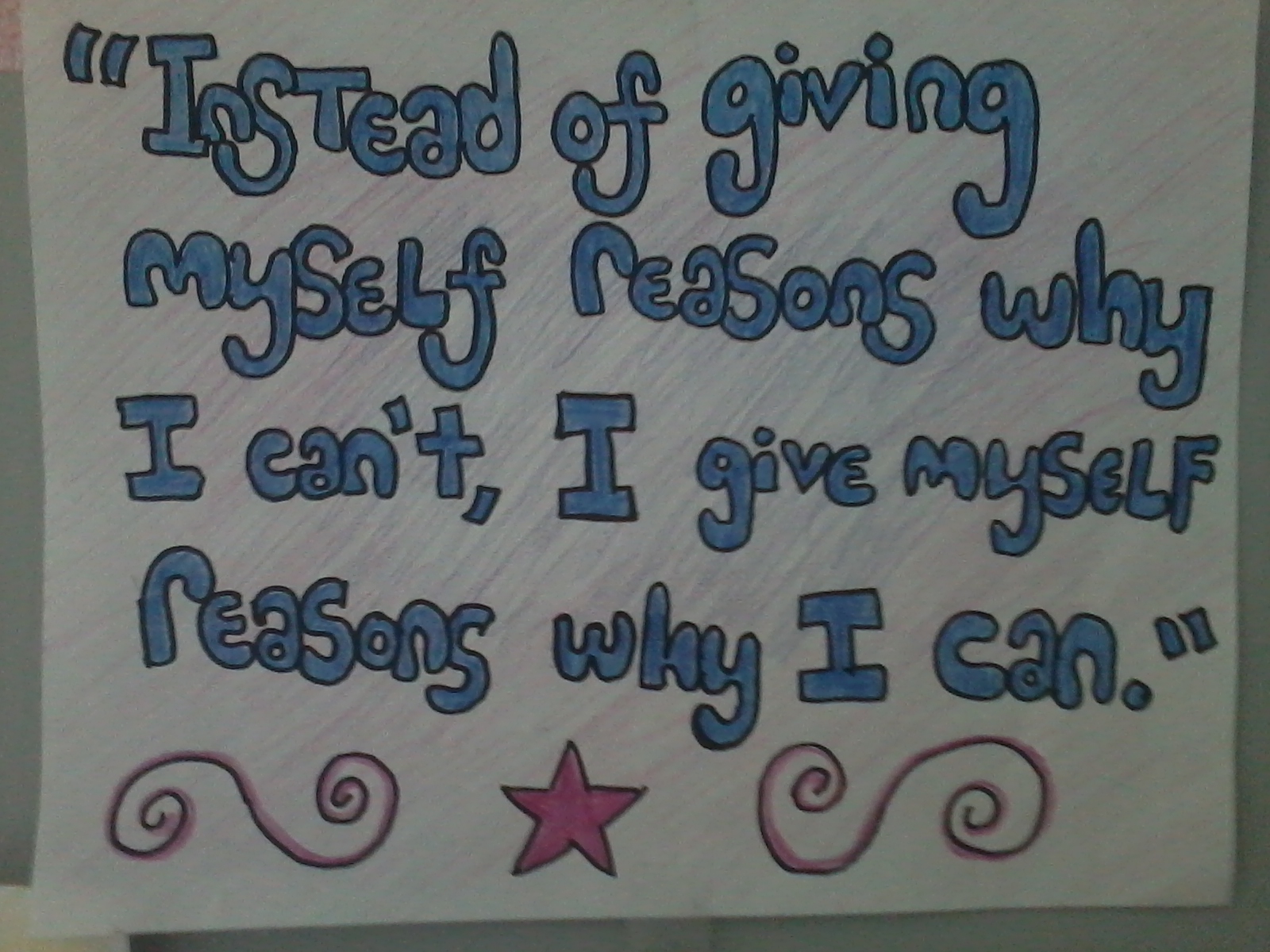One of the most important parts of writing is making sure you have true-to-life dialogue that actually fits your characters. Unless your main character is a smartypants who loves using big words all the time, don’t have him/her speak like this:
“The means by which I concluded that something was out of the ordinary was the fact that my mother was wearing a red silk sequined blouse instead of her usual loose t-shirt.”
Awkward, huh? Even if your character does like using big words or has a know-it-all way of expressing himself/herself, it’s probably best not to overdo it. Your readers may get sick of reading pages of that gibberish. Or they may get sick of your character altogether.
But writing good dialogue doesn’t always mean writing simple sentences. It just means writing the way your characters would speak. In Artemis Fowl, by Eoin Colfer, Artemis Fowl is a twelve-year-old criminal mastermind. The way he speaks is much different from the way an ordinary twelve-year-old speaks.
When I’m writing dialogue, I like to picture myself as the character I’m writing about. I put myself in his/her mind. It also helps a lot to read aloud what I’ve already written. I speak with the same tone and inflection as I imagine my character would. If anything sounds unnatural, I know I have to change it.
If the dialogue in your story isn’t believable, it creates a distance between the characters and the readers. It’s harder for the readers to care about your main character because they can’t really identify with him/her.
Another great way of knowing whether your dialogue fits your characters is to get feedback. Don’t defend your work – just let the people reading it tell you whether it is believable or not.
Good dialogue shapes who your characters are just as much as descriptions of your characters do. Whether a character speaks in short, choppy sentences or long, wordy ones makes a difference. In Anne of Green Gables, by L. M. Montgomery, Anne loves to talk. She loves using big words and imagining things, so her sentences tend to be long ones.
Basically, it all comes down to this: True-to-life dialogue is not just important, it’s necessary if you want to tell a good story. It makes your writing stronger, and it shows us who your characters really are.


